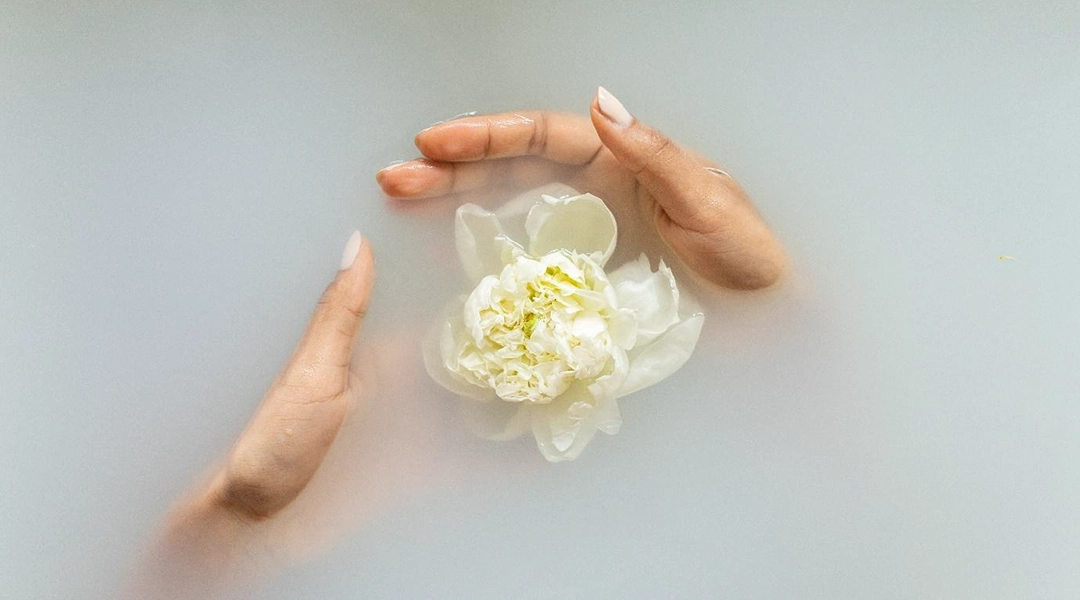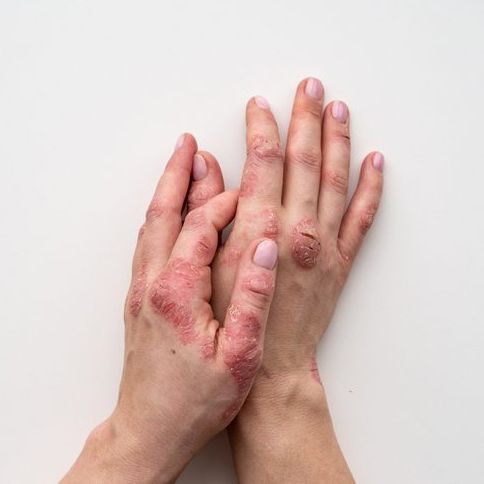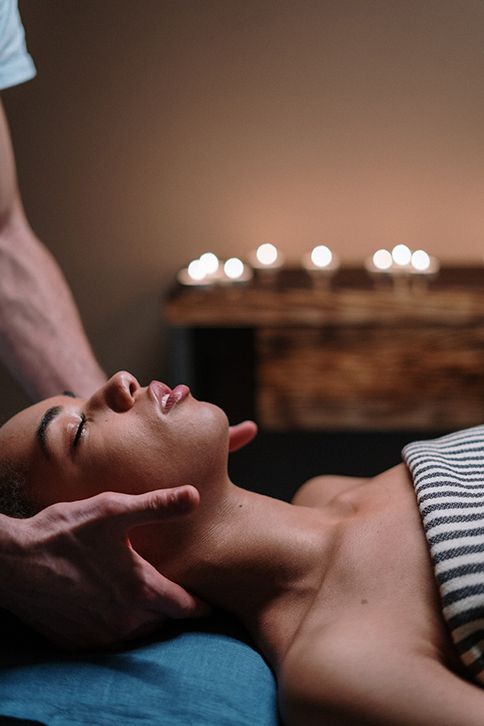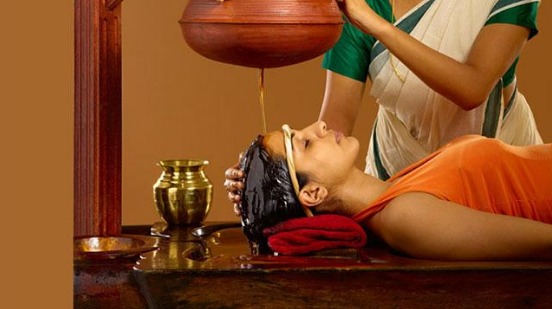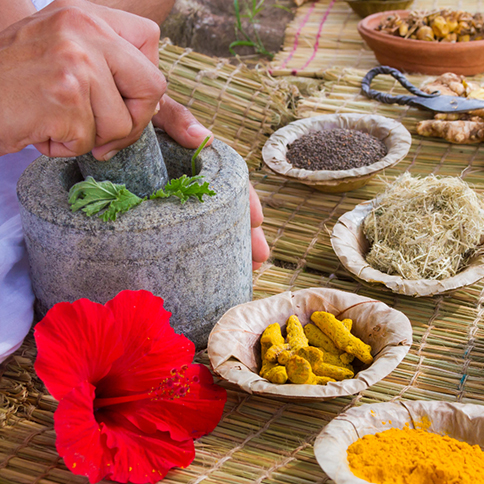How Often Should You Embrace Panchakarma?
How Often Should You Embrace Panchakarma?
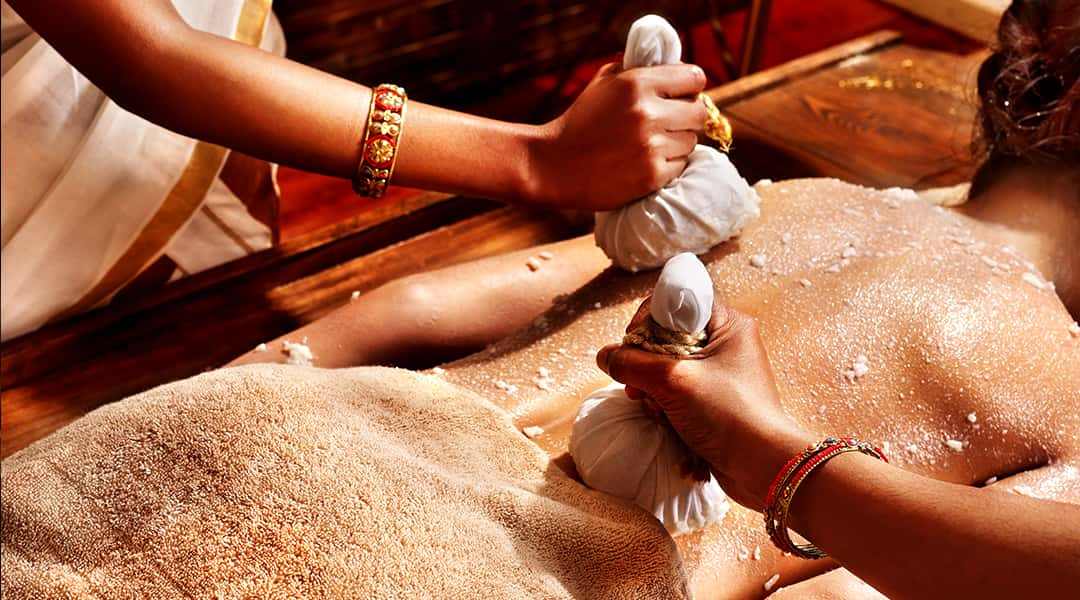
How often should you do Panchakarma?
Ayurvedic experts recommend Panchakarma once or twice a year, depending on your dosha constitution, stress load, seasonal transitions, metabolic imbalance, and lifestyle patterns. Europeans following busy, overstimulated routines often benefit from Panchakarma during early spring (Kapha season) and autumn (Vata season) to restore digestive strength, reduce inflammation, and stabilize the nervous system.
ASHAexperience’s Ayurvedic Doctors emphasize that the ideal frequency is personalized — determined by your digestive fire (Agni), toxin accumulation (Ama), emotional state, and sleep quality.
How Often Should You Do Panchakarma? — Quick Guide
| Lifestyle / Condition | Recommended Frequency |
|---|---|
| High-stress urban life (common in EU) | Every 6 months |
| Irregular sleep, anxiety, overstimulation | 2–3 times/year |
| Digestive issues, bloating, sluggish metabolism | Every 4–6 months |
| Season change support (spring/autumn) | Once a year |
| Maintaining long-term wellness | Annually |
| Chronic imbalance (dosha-specific) | As advised by Ayurvedic doctor |
Why? Panchakarma does not “cleanse the body” superficially — it resets the deeper systems: digestion, immunity, detox pathways, hormones, and emotional balance.
Panchakarma, Ayurveda’s profound detoxification and rejuvenation therapy, is an essential practice for maintaining health and well-being. But how often should one undergo this transformative process? The frequency of Panchakarma is not a one-size-fits-all recommendation. It is tailored to the individual’s constitution (Prakriti), current state of health (Vikriti), lifestyle, and even the environment in which they live.
For most people, undergoing Panchakarma once or twice a year is considered beneficial for general maintenance and prevention of diseases. The seasonal changes, especially during spring and autumn, are prime times for cleansing the body of accumulated toxins and rebalancing the doshas (Vata, Pitta, and Kapha). However, for individuals with specific health concerns or chronic conditions, more frequent Panchakarma sessions might be necessary. This should always be decided by an experienced Ayurvedic practitioner who can assess the unique needs and condition of the individual.
The Essence of Panchakarma: What It Truly Is
Panchakarma, derived from the Sanskrit words “Pancha” meaning five and “Karma” meaning actions, is a cornerstone of Ayurvedic medicine. It is a set of five therapies designed to cleanse the body of toxins (Ama) and restore balance to the doshas. These therapies include:
- Vamana (Therapeutic Vomiting): A process to eliminate Kapha toxins from the respiratory and gastrointestinal tract through controlled vomiting. This therapy is particularly effective for conditions like asthma, chronic colds, and certain skin disorders.
- Virechana (Purgation): A therapeutic purgation process to clear Pitta toxins from the liver and intestines. It is beneficial for conditions such as hyperacidity, skin diseases, and chronic headaches.
- Basti (Enema Therapy): Considered one of the most effective treatments in Ayurveda, Basti cleanses the colon and balances Vata dosha. It involves the administration of herbal decoctions or oils through the rectum and is used to treat a variety of conditions including constipation, arthritis, and neurological disorders.
- Nasya (Nasal Administration): Nasya involves the administration of herbal oils or powders through the nostrils, clearing toxins from the head and neck region. It is effective in treating sinusitis, migraines, and certain types of paralysis.
- Raktamokshana (Bloodletting): Although not commonly practiced today, Raktamokshana is used to remove impure blood and treat conditions related to blood disorders, such as chronic skin diseases and varicose veins.
Together, these therapies work synergistically to detoxify the body, enhance digestion and metabolism, and restore overall balance and harmony.
Why Panchakarma is More Than Just a Cleanse
Panchakarma is not just a physical detox; it is a holistic purification process that impacts the body, mind, and spirit. The primary aim of Panchakarma is to remove toxins that have accumulated due to poor diet, lifestyle choices, and environmental factors. However, its benefits extend far beyond detoxification.
By cleansing the body and balancing the doshas, Panchakarma rejuvenates the tissues (Dhatus), strengthens the digestive fire (Agni), and enhances the body’s natural healing capabilities. It helps in reducing stress, improving mental clarity, and boosting immunity. Regular Panchakarma sessions can prevent the onset of diseases and are a key practice in maintaining long-term health and vitality. For those who feel sluggish, fatigued, or out of sync, Panchakarma offers a fresh start, allowing the body to heal and the mind to regain focus and tranquility.
The Personalized Approach: Is Panchakarma Right for Everyone?
Panchakarma is a powerful therapy, but it is not universally suitable for everyone. The decision to undergo Panchakarma should be based on an individual’s health status, age, and specific dosha imbalances. For instance, individuals who are extremely weak, elderly, or suffering from certain medical conditions may not be ideal candidates for the full Panchakarma treatment.
Pregnant women, children, and those with certain acute illnesses are generally advised to avoid Panchakarma. Instead, milder forms of detoxification or supportive Ayurvedic therapies may be recommended. For individuals with chronic conditions or significant dosha imbalances, a modified version of Panchakarma may be administered, with careful monitoring by an experienced Ayurvedic doctor.
Before undergoing Panchakarma, it is essential to have a thorough assessment by an Ayurvedic practitioner. They will determine the appropriate therapies, duration, and intensity of the treatment based on your unique constitution and health needs. This personalized approach ensures that Panchakarma is not only safe but also maximally effective.
Nourishment During Panchakarma: The Diet That Supports Healing
Diet plays a central role in the Panchakarma process. During this time, the digestive system is given a much-needed rest and is supported in the detoxification process through a specially designed diet. The food consumed during Panchakarma is typically light, easy to digest, and nourishing, aiding the body in its cleansing efforts.
A mono diet of khichdi—a simple dish made of rice and mung dal—is often recommended. Khichdi is considered a complete protein and is gentle on the digestive system, making it ideal for detoxification. It provides essential nutrients while allowing the body to focus on cleansing rather than digestion. Additionally, Ghee (clarified butter) is commonly used in specific amounts to help mobilize fat-soluble toxins and prepare the body for elimination.
Hydration is also crucial during Panchakarma, with warm water or herbal teas being recommended to support the detox process. Avoidance of caffeine, alcohol, processed foods, and heavy, oily, or spicy foods is necessary to prevent adding more toxins to the body.
Post-Panchakarma, the diet is gradually reintroduced to more complex foods, ensuring that the digestive fire is rekindled without overwhelming the system.
Aligning with Nature: The Ideal Seasons for Panchakarma
Ayurveda places great emphasis on the rhythms of nature, and Panchakarma is no exception. The best times to undergo Panchakarma are during the transitional seasons of spring (Vasanta Ritu) and autumn (Sharad Ritu).
In spring, the body naturally tends to accumulate excess Kapha due to the damp and cold weather. Panchakarma during this time helps in clearing the accumulated mucus, excess fat, and sluggishness associated with Kapha.
Autumn is marked by an increase in Pitta dosha due to the heat of summer. Undergoing Panchakarma in autumn helps in cooling and calming the Pitta, preventing inflammation, skin issues, and digestive disorders.
These seasons are optimal because they align with the body’s natural inclination to detoxify and reset. Panchakarma done during these periods not only enhances the detoxification process but also helps the body adjust to the changing environment, making it more resilient to seasonal diseases.
The Lasting Impact: How Long Do the Benefits of Panchakarma Last?
The benefits of Panchakarma are profound and can last for several months, depending on how well you adhere to Ayurvedic principles post-treatment. Immediately after Panchakarma, many people report feeling lighter, more energetic, and mentally clear. Digestion improves, immunity is strengthened, and there is a noticeable reduction in stress levels.
The duration of these benefits varies from person to person. For those who continue to follow a balanced diet, regular exercise, and a healthy lifestyle, the effects of Panchakarma can last up to a year. Additionally, the regular practice of Ayurvedic routines (Dinacharya) and seasonal adjustments (Ritucharya) can help maintain the positive outcomes of Panchakarma.
For long-term health benefits, Ayurveda recommends making Panchakarma a regular part of your health routine, similar to how you would schedule regular dental check-ups or physicals. This regular cleansing ensures that toxins do not accumulate to harmful levels and that the body remains in a state of balance.
Understanding the Risks: Potential Side Effects of Panchakarma
While Panchakarma is generally safe and effective when administered by a qualified practitioner, it is an intense process, and some individuals may experience temporary side effects. These may include fatigue, headaches, nausea, or digestive disturbances as the body goes through the detoxification process. These symptoms are often seen as part of the body’s natural cleansing response and typically resolve as the treatment progresses.
In rare cases, if Panchakarma is not properly administered or if the individual’s condition is not adequately assessed beforehand, more serious side effects can occur. This underscores the importance of undergoing Panchakarma under the supervision of an experienced Ayurvedic practitioner who can tailor the treatment to your specific needs and monitor your progress closely.
Know When to Hold Off: Situations to Avoid Panchakarma
Panchakarma is a powerful therapy, but there are certain situations where it may not be appropriate. Pregnancy is one such time when Panchakarma is generally avoided due to the intense nature of the detoxification process. Similarly, individuals who are extremely weak, elderly, or suffering from severe illness should avoid Panchakarma, as their bodies may not be strong enough to handle the rigorous process.
Other contraindications include acute infections, post-surgery recovery, and certain chronic conditions that may be exacerbated by the detoxification process. It is also advised to avoid Panchakarma during times of extreme stress or emotional instability, as the therapy can be both physically and mentally demanding.
How Your Dosha Influences Frequency
-
Vata: needs more frequent balancing → every 4–6 months
-
Pitta: moderation → 1–2 times a year
-
Kapha: benefits most from detox routines → every 6 months
Signs That You Need Panchakarma Soon
-
Morning heaviness
-
Constipation / bloating
-
Irritability
-
Poor sleep
-
White coating on tongue
-
Food cravings, lethargy
When Not to Do Panchakarma
-
Pregnancy
-
Acute fever
-
Severe weakness
-
Directly after surgery
-
During extreme cold weather
Why Panchakarma Frequency Matters for the European Lifestyle
Travel fatigue, long work hours, overstimulation, and cold winters affect Agni and sleep cycles. For European residents—especially in Switzerland, Germany, France, and the Nordics—Panchakarma provides:
-
seasonal immunity support
-
hormonal stabilization from chronic stress
-
digestive reset
-
circadian rhythm correction
| Panchakarma Type | Best Frequency | Ideal For |
|---|---|---|
| Virechana | Once a year | Pitta imbalance, heat, inflammation |
| Vamana | Once a year | Congestion, heaviness, Kapha excess |
| Basti | 2–3 cycles/year | Vata imbalance, anxiety, constipation |
| Raktamokshana | As advised | Skin & blood purification |
| Nasya | Seasonal | Allergies, sinus, stress |
Choosing the Right Place: Why Panchakarma Should Not Be Done Just Anywhere
Panchakarma is a deeply transformative therapy that requires expertise, precision, and a thorough understanding of Ayurveda. It is not something that should be undertaken lightly or at any random place. The effectiveness and safety of Panchakarma largely depend on the skills of the practitioner and the quality of the environment in which it is performed.
Before considering Panchakarma, it is crucial to consult with a qualified Ayurvedic practitioner who can accurately assess your individual health needs, constitution, and any underlying conditions. This assessment is vital to ensure that the Panchakarma procedures are tailored specifically to you, maximizing benefits while minimizing risks.
Undergoing Panchakarma at a poorly equipped or unqualified facility can lead to improper treatments, which might not only be ineffective but could also be harmful. The process involves delicate procedures that must be performed with precision, using high-quality, authentic Ayurvedic herbs and oils. An experienced practitioner will also provide proper pre- and post-care instructions, which are essential for the success of the therapy and for avoiding potential side effects.
Therefore, it’s important to choose a reputable Ayurvedic center with qualified Ayurvedic Doctors and Therapists who have extensive experience in Panchakarma. This ensures that you receive the full therapeutic benefits of this ancient practice in a safe and supportive environment, leading to lasting health and well-being.
FAQs
-
How often should a beginner do Panchakarma?
Beginners usually start with one cycle per year under a certified expert. -
Can Panchakarma be done too often?
Yes — over-detoxing weakens Agni. Always consult an Ayurvedic doctor. -
Is Panchakarma safe for Europeans with a busy work life?
Yes — when adapted by expert physicians who understand lifestyle cycles of Europe (ASHAexperience specializes in this). -
How long should you wait between two Panchakarma treatments?
Generally, 4–6 months, depending on dosha and symptoms. -
Should Panchakarma be done at a retreat?
A retreat increases results because rest, nature, and therapeutic monitoring amplify transformation.
ASHAexperience Ayurvedic doctors bring global expertise to Europeans seeking personalized Panchakarma guidance.
Their deep understanding of both traditional Panchakarma protocols and European lifestyle rhythms makes them uniquely positioned to recommend the ideal frequency and approach for each individual.
Team ASHA offers ancient Ayurvedic treatment and practices to the world and creates a sustainable society by offering self-care practices through Ayurveda and Yoga.
We believe in collaborative relationship-based care where our Ayurvedic Doctors, Ayurvedic Practitioner, Ayurvedic Supplement Brands, Ayurvedic Nutritionists & Chefs, Yoga, and Meditation Trainers are in sync. Contact the team who passionately works together to hold your hand in this healing journey.


